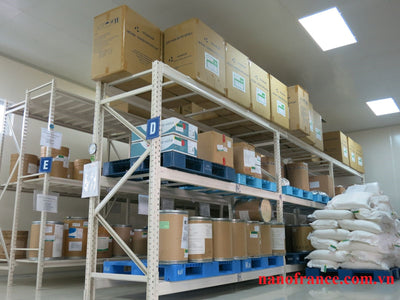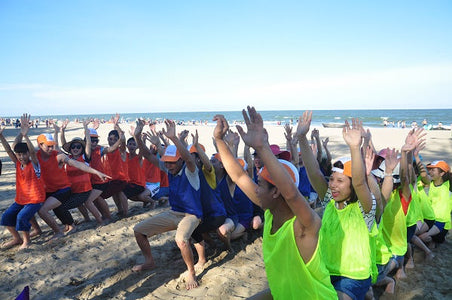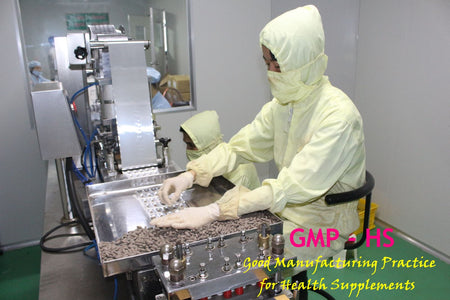What to do to avoid post-Covid – What patients need to know!
In October 2021, WHO officially defined post-Covid-19. This is a condition that occurs in people with a history of SARS-CoV-2 infection, usually 3 months after the onset of COVID-19 with symptoms lasting at least 2 months that cannot be explained by an alternative diagnosis. What should be done to avoid post-Covid? What can be done to help patients regain their health?
Below is "all" the information that recovered F0 patients need to know!
I. Correct understanding of post-Covid-19!
Clinically, post-COVID-19 symptoms are divided into 2 stages:
→ Long Covid: Symptoms last 4-12 weeks after infection.
→ Post-Covid-19: Symptoms since contracting COVID-19 last after 3 months
According to WHO, post-COVID-19 can cause long-term decline in human health, seriously affecting the ability to return to work or participate in social life of people with COVID-19.
In particular, patients may suffer from mental health problems and this can have significant economic consequences for themselves, their families and society.
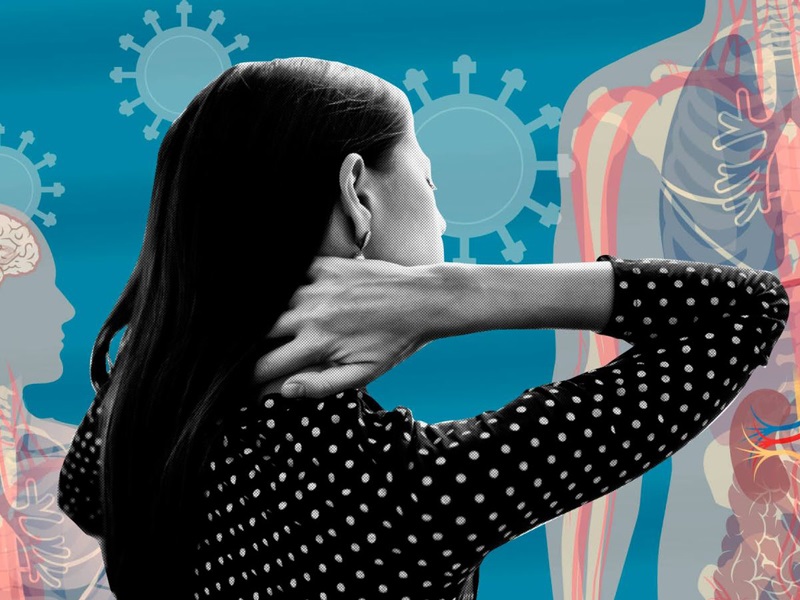
WHO estimates that 10 – 20% of COVID-19 patients experience symptoms that last for months after contracting the disease.
II. What to do to avoid post-Covid?
All the symptoms including: fatigue, feeling weak, persistent cough, chest pain, chest discomfort, headache, memory loss, difficulty concentrating, dizziness, lightheadedness, rapid heartbeat... are all the most prominent manifestations of post-Covid-19! So what should be done to avoid post-Covid?
Post-Covid-19 is a condition that all Covid-19 patients will suffer from. But the important thing is, what symptoms we will have and to what extent.
So the answer to the question: “What should we do to avoid post-Covid?” is: We need to prevent Covid-19. Vaccination to reduce the risk of Covid is the measure recommended by experts.
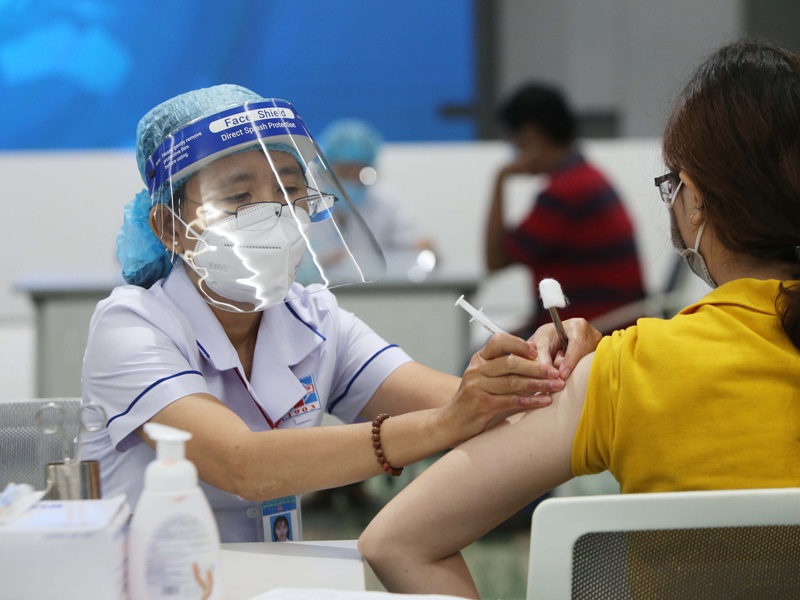
In case you have contracted Covid and want to find ways to improve your symptoms after recovery, use the following measures:
1. Breathing exercises to restore lung function
The lungs are the most severely damaged organs of F0 patients. Breathing exercises and lung rehabilitation will help improve many related health problems such as: wheezing, difficulty breathing, rapid breathing, shortness of breath, prolonged cough, etc.
The most recommended pulmonary rehabilitation breathing exercises are:
→ Extended exhalation: Inhale through the nose, then exhale deeply through the mouth.
→ Exhale forcefully: Inhale through the nose then exhale quickly and forcefully through the mouth, helping to clear the airways with the cough reflex at the end of exhalation.
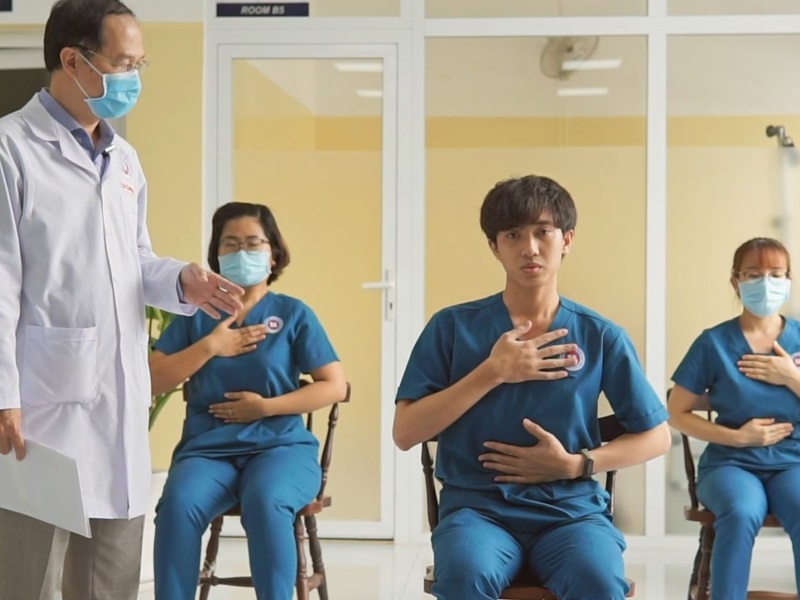
2. What to do to avoid post-Covid? – Exercise
For newly recovered patients, it is recommended to do light exercise such as walking for about 30 minutes/day. After about 1-2 months, you can consider more vigorous activities that are beneficial for the lungs such as: push-ups, swimming, rowing...
3. Eat nutritious food! – What to do to avoid post-Covid?
Some food groups are recommended to be supplemented after Covid such as:
- Food groups rich in Vitamin C: Oranges, lemons, grapefruit, vegetable juice, tomatoes...
- Food groups containing Carotene: carrots, pumpkin, gac, papaya...
- Foods rich in Omega-3: salmon, mackerel, tuna…
- Foods containing Vitamin B9: spinach, asparagus, radishes...
- Spice group: garlic, turmeric, ginger
In particular, in a meal, it is necessary to balance 3 groups of substances: Starch - Foods rich in protein - Foods rich in fat.

In addition to the above three measures, doctors also encourage patients to be exposed to sunlight for at least 30 minutes a day. It is advisable to choose early morning or late afternoon sunlight to help regulate the body's biological rhythm.
III. Should I go for a post-Covid check-up?
In case the symptoms of post-Covid last too long, causing a big impact on your life, go for a post-Covid check-up! You should choose a reputable medical facility! Doctors will determine the condition and guide you on symptom treatment and necessary health care.
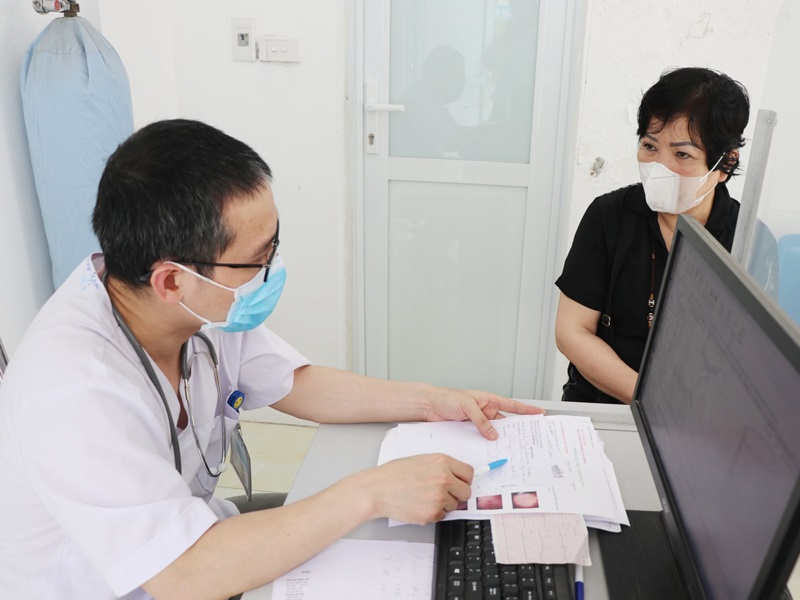
Note: You should only go to post-Covid medical facilities when it is ABSOLUTELY NECESSARY!
What to do to avoid post-Covid? Hopefully our advice above will be useful to you! Remember to regularly follow NanoFrance's website to update more information about the latest medicine and pharmacy!


